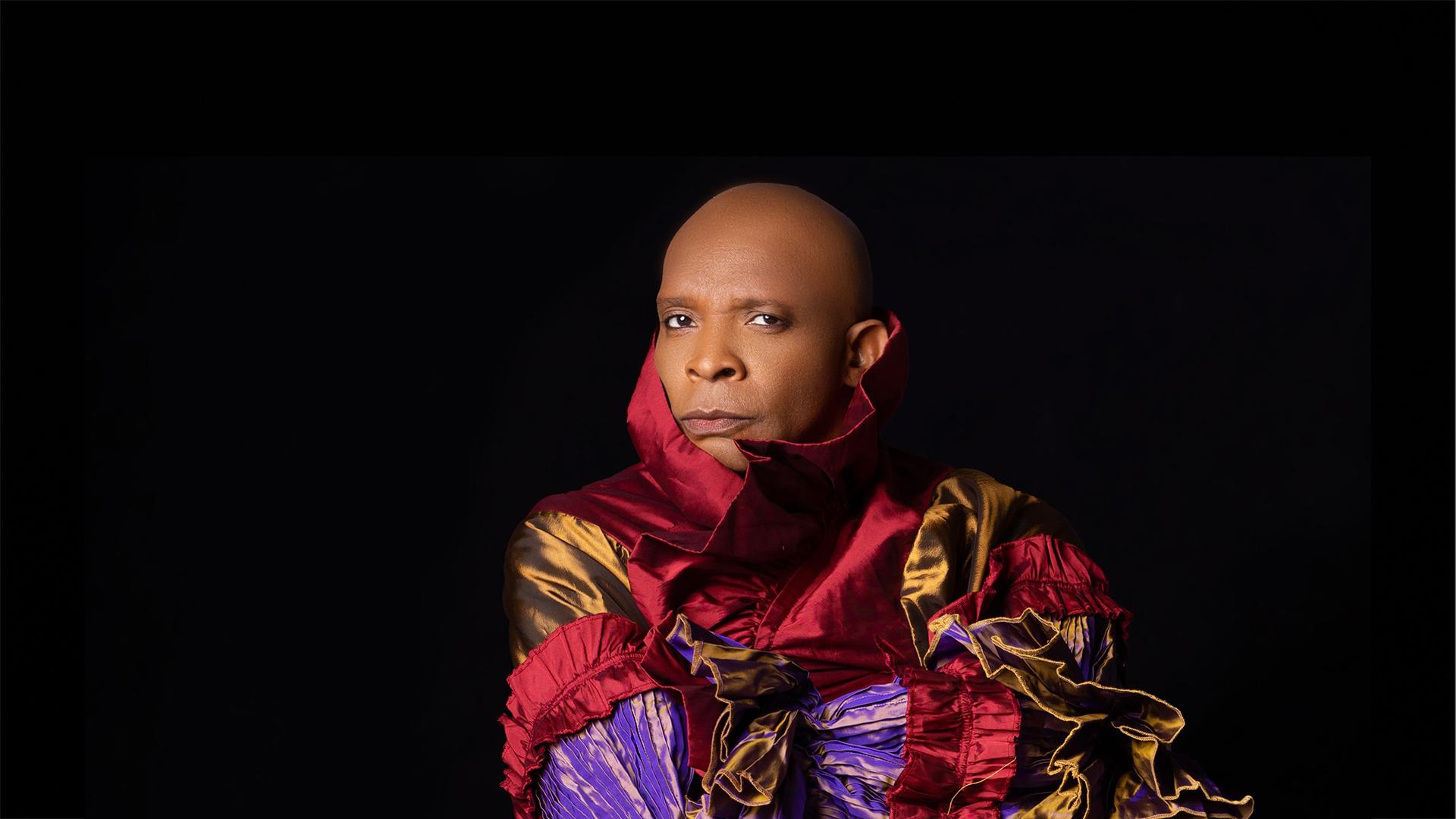Haitian musician Erol Josué has just released a new album titled “Pèlerinaj,” or “pilgrimage” in Haitian Creole, with 18 tracks in a mix of sacred chants and traditional rhythms with funk, jazz, rock and electronic music. The songs are in Haitian Creole and French.
It took Josué 15 years to release a new album as, over the past decade, other things took priority over music. One of them was to help fellow Haitians devastated by the earthquake that hit the island in 2010.
Back then, Josué was living abroad, carving out a name for himself on the music scenes in Paris and New York. When disaster struck, he knew he had to go back to Haiti. His song “Kafou” is about his own pilgrimage, returning to his hometown, a sprawling suburb just outside the capital Port-au-Prince, after his life abroad.
“I saw Haiti needed people, Haiti needed me to go to rebuild. I needed to put my hand into [the] reconstruction of my country,” Josué said.
Josué, one of Haiti’s most beloved artists, was ordained as a Houngan, or Vodou priest, at the age of 15. In his own way, he is also a cultural ambassador for Haiti. He has been the Director of Haiti’s National Bureau of Ethnology in Port-au-Prince since 2012, and has used this position to introduce Haitian Vodou culture to educational institutions in the United States.
Josué opens his album by invoking Vodou goddesses and saints in songs like “Rén Sobo,” “Ati Sole” and “Palave Maria,” he closes it with “Kase Tonèl,” a live recording of a Vodou ceremony and subsequent festivities.
But his achievements and titles do not insulate Josué from the violence that has engulfed his native country. Recently, gangs burnt down his family’s home and Vodou temple.
“I don’t know if I’m the target. I don’t know if it was just random,” Josué said. “Sometimes I feel bad because I think maybe it is on me, because I became someone more popular. I don’t know what to believe. I just continue in the name of the spirit, the Vodou spirit, and continue to do what I have to do. I have my mission. I have my dream, my goal for my country. And I’m working on it.”
Like many Haitians, Josué would like to live in a peaceful, stable country. In the meantime, his mission is to have his music do the talking, letting people know that what the globe sees in Haiti is not monolithic.
“Haiti is not only gangs and burning tires. Haiti is not only debt,” Josué said. “Haiti is a free republic in what we propose as culture, as art can be a different way to understand what happened in Haiti.”
Get more music from artists featured on The World on our Global Hits playlist.
Our coverage reaches millions each week, but only a small fraction of listeners contribute to sustain our program. We still need 224 more people to donate $100 or $10/monthly to unlock our $67,000 match. Will you help us get there today?
